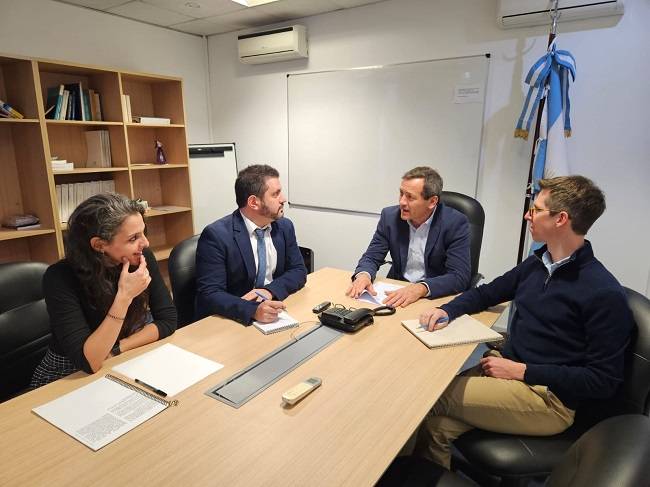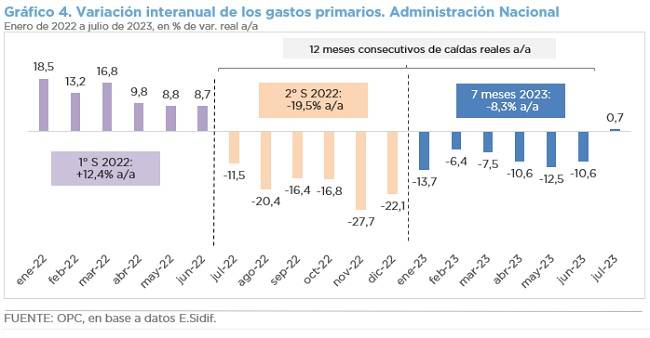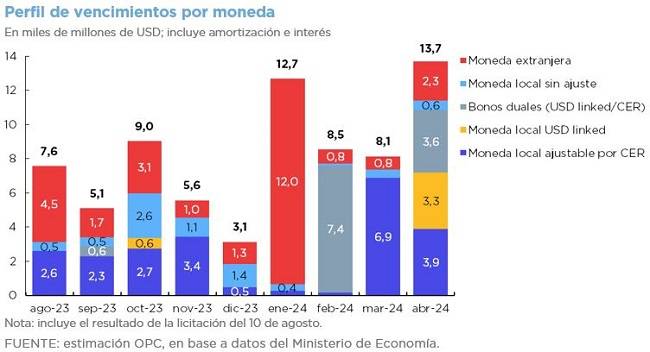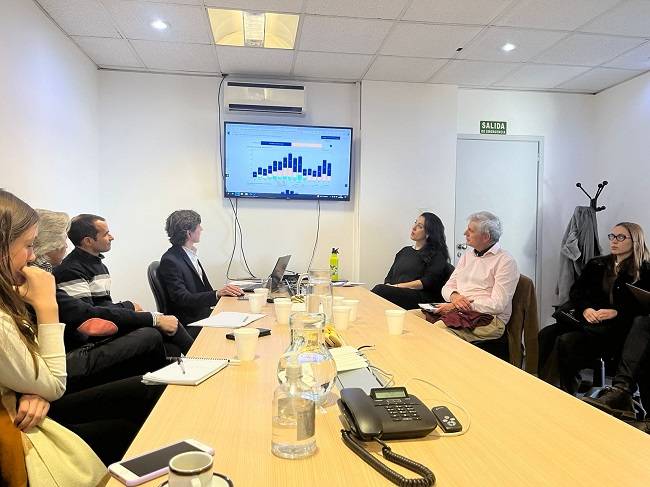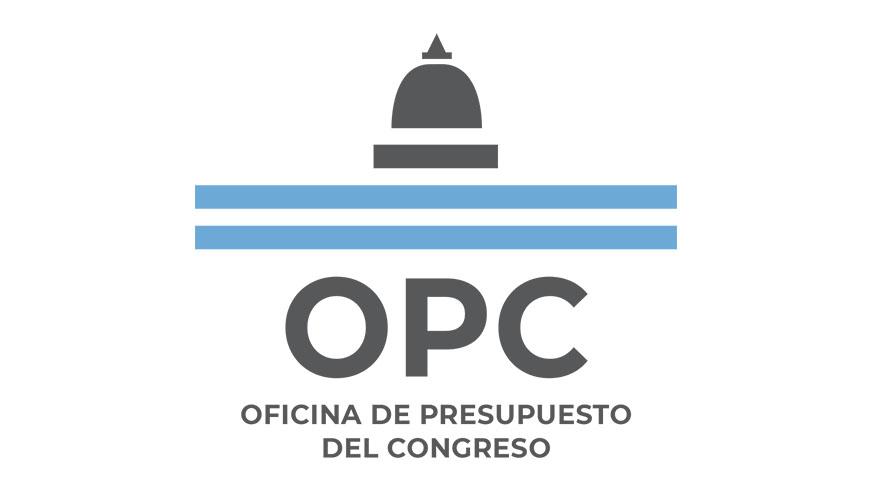
FISCAL IMPACT OF THE CREATION OF THE NATIONAL DANCE INSTITUTE – BILL 5127-D-2022
The Bill provides for the creation of the National Dance Institute, which would be financed with a portion of existing taxes or budgetary resources and other probable revenues whose estimation is not feasible prior to the creation of the Institute.
- The tax resources involved in the initiative would range between ARS4.897 billion and ARS10.238 billion per year, depending on the base considered to quantify the main source: 1% of the “Net internal shared taxes”.
- The difference depends on whether the full collection of this tax is considered or only the portion allocated to the National Treasury.
- It was not possible to estimate expenditures due to the lack of data on personnel and staffing structure, but it is expected that the funds estimated would be sufficient to cover them.

